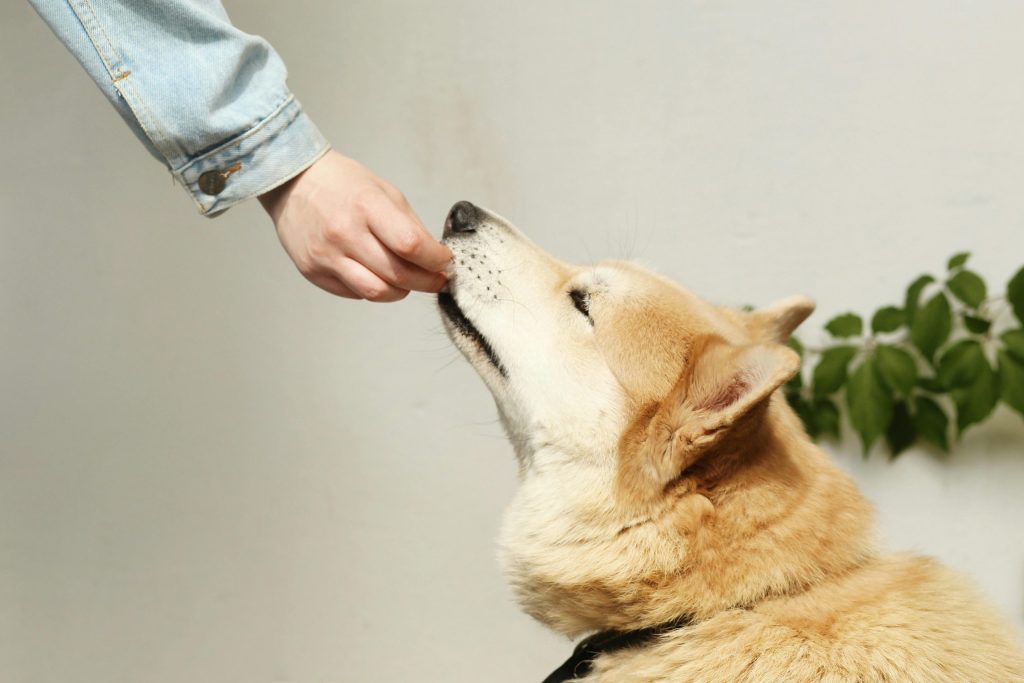Canada's Public Health Agency has reported that 31 cases of salmonella infections across the country are linked to certain brands of dog food and treats. However, officials indicate that the actual number of infections is likely much higher. The provinces of Alberta and British Columbia each account for 14 reported cases, while Ontario has two, and the Northwest Territories report one case. The update also states that of the infected individuals, seven have been hospitalized, but there have been no fatalities reported as of now.
The timeline of the reported illnesses spans from mid-February to late-September 2025. Most of those affected are women, accounting for 58 percent of the cases, with ages ranging from 0 to 87 years. The brands suspected of being contaminated are Puppy Love and Puppy World, although, at this moment, no product recalls have been issued.
According to an update released on October 16, many individuals who fell ill in connection with this outbreak reported having handled dog food and treats shortly before developing symptoms. Salmonella can contaminate pet food products, and people may become ill through direct contact with their dogs or by handling the food—even if their pets appear healthy.
The Public Health Agency of Canada warns that the reported number of cases is likely an underrepresentation. For every confirmed salmonella case reported, it is estimated that there are 26 other unreported cases. Many individuals may exhibit mild symptoms and opt not to seek medical attention, which prevents them from being diagnosed. Symptoms of salmonella include chills, fever, nausea, diarrhea, vomiting, and headaches that typically begin within six to 72 hours after exposure.
The specific products believed to be contaminated include:
- Puppy World Lamb Lung treats (available in 150 gram, 340 gram, and 454 gram bags).
- Puppy Love Chicken Wing Tip treats (sold in 120 gram bags).
- Puppy Love Chicken Breast treats (offered in both 120 gram and 300 gram bags).
- Puppy Love Beef Chew 6 inch treats (value pack containing four pieces).
- Puppy Love "Twisty Jr." beef treats (value pack consisting of five pieces).
Individuals at a higher risk for severe symptoms include older adults, young children, pregnant individuals, and those with compromised immune systems. To mitigate the risk of illness from contact with dogs, the health agency suggests a series of hygiene practices:
- Thoroughly wash hands with soap and water immediately after handling any type of dog food or treats.
- Teach children to wash their hands properly with soap and water each time after touching dogs, their food, or treats.
- Sanitize any containers, utensils, and surfaces that have been in contact with dog food or treats before using them again. This includes food and water bowls, countertops, microwaves, and refrigerators.
- Use dedicated dishes and utensils for serving your dog and wash them separately from human dishes and utensils.
- Store all dog food and treats in areas separate from where human food is prepared or stored, and out of reach of young children. It is advised to pick up food and treats containers when your pet has finished.
- Adhere to storage guidelines listed on the packaging for dog food and treats, like refrigeration and freezing, if necessary, to prevent spoilage.
- Read the labels on dog food and treats to gather information on ingredients, expiry dates, and whether the food is cooked or raw. Raw pet food and treats can come in various forms including fresh, frozen, dehydrated, or freeze-dried.
- Wash hands after interacting with dogs and after handling their waste.
If you believe you are experiencing symptoms related to salmonella, the agency recommends contacting your local health provider for further evaluation and assistance. More information regarding this outbreak can be found on the Public Health Agency of Canada's website.












